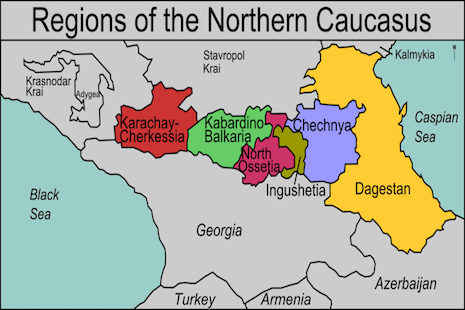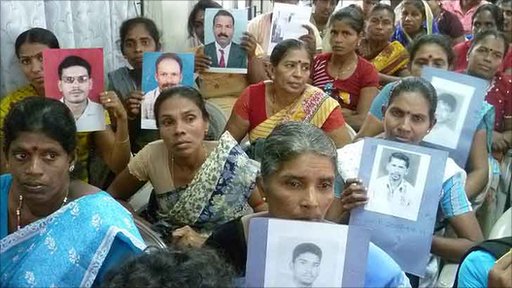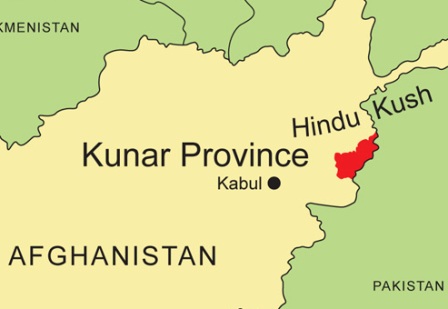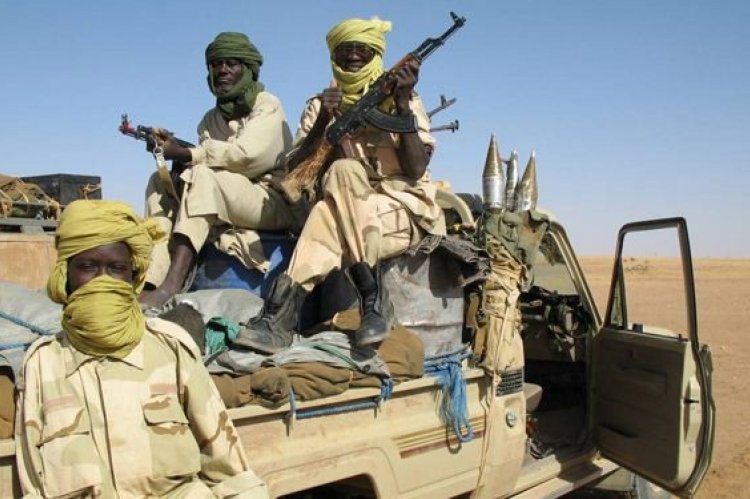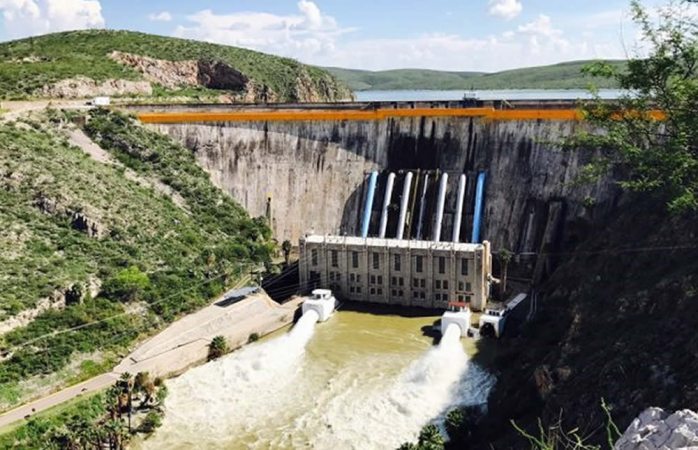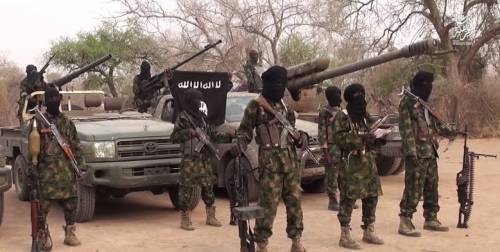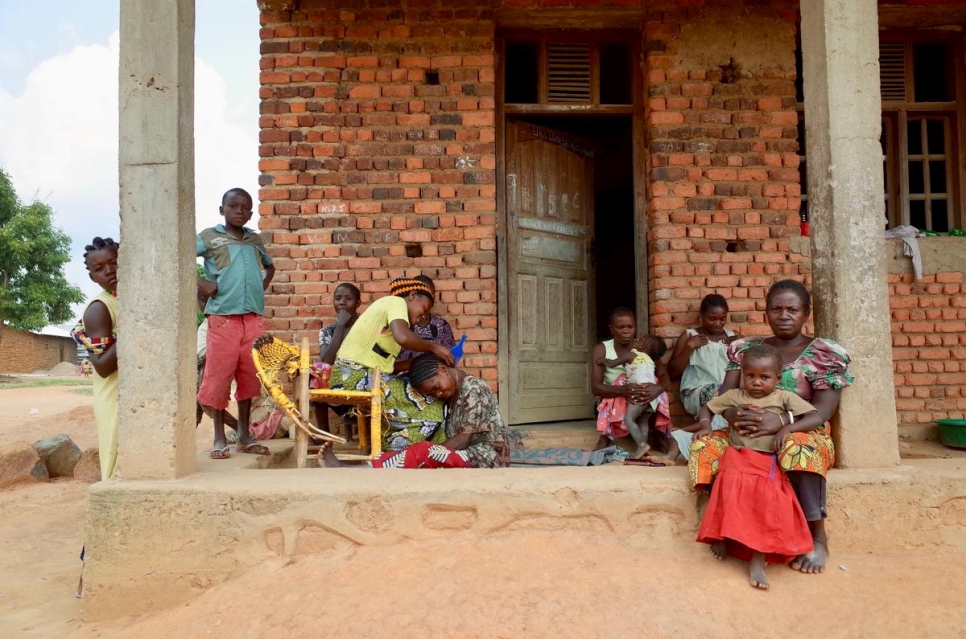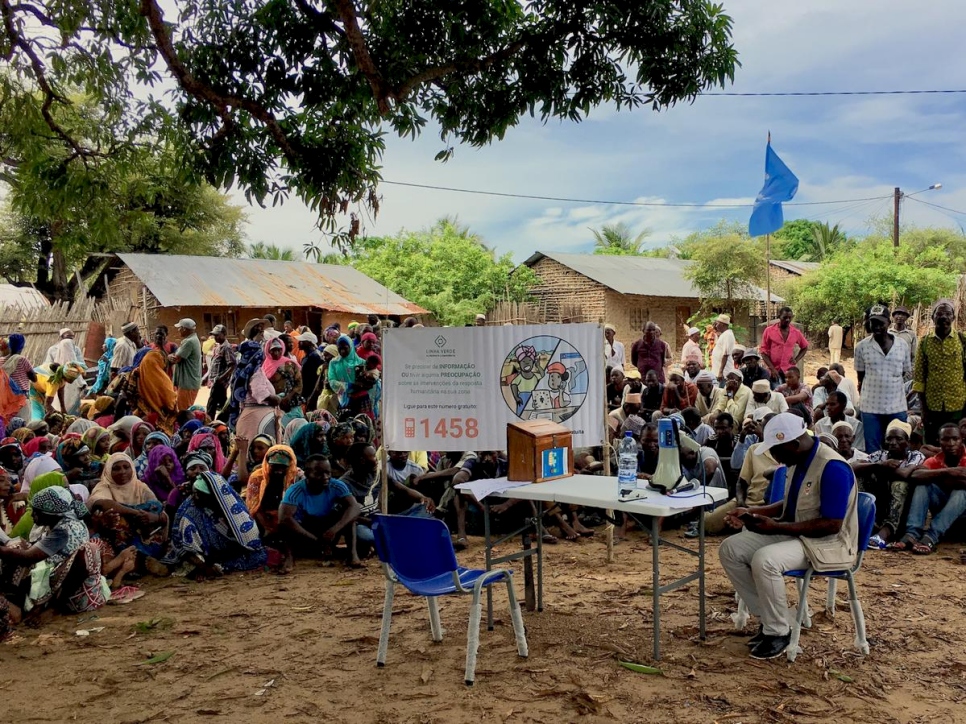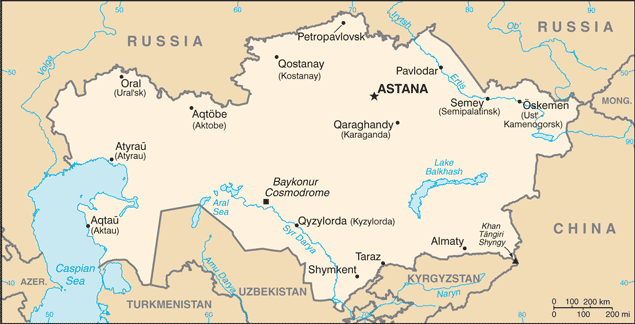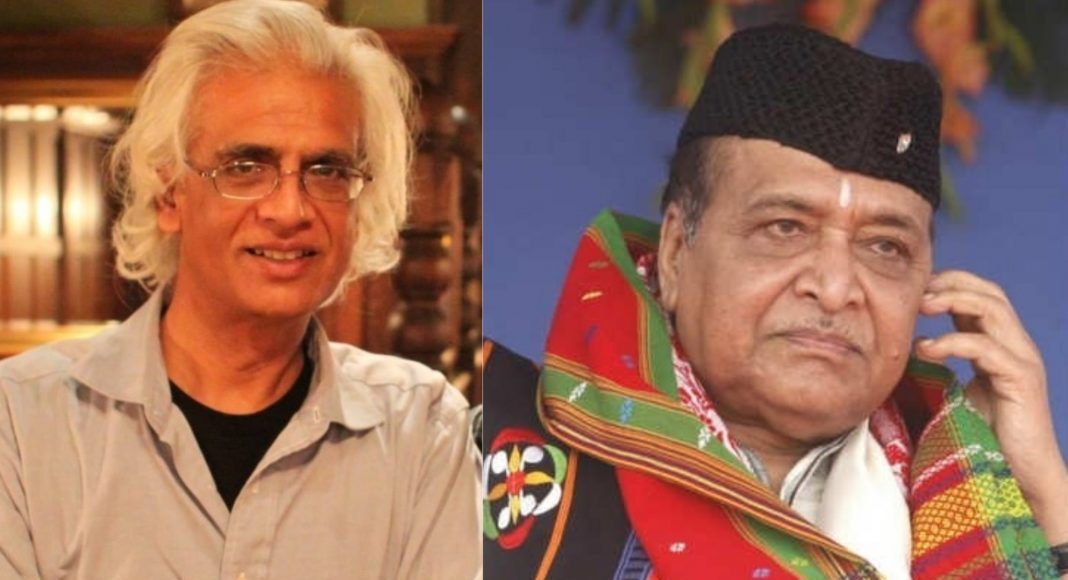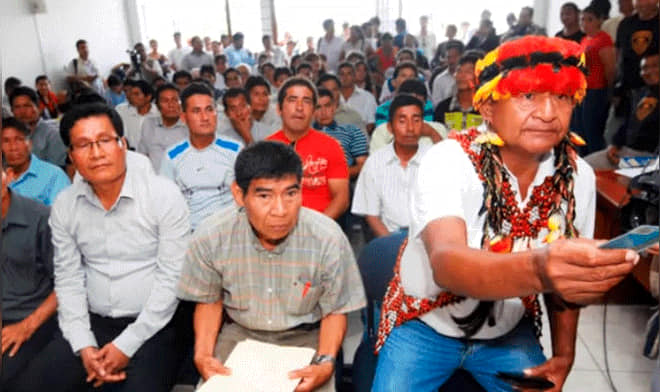
Niger counterinsurgency sparks displacement crisis
The French-backed military campaign against Islamist militants in Niger is claiming victories against the insurgency that has mounted in the country since 2015. Niger’s defense ministry claims that over the past month, “120 terrorists have been neutralized,” a presumed euphemism for killed. The operation has centered on the Tillabéri region near the borders with Mali and Burkina Faso, where a state of emergency has been in place for two years. The claimed progress comes amid a massive displacement crisis, however. According to UNICEF, nearly 78,000 people have been displaced in Tillabéri and adjoining regions. Nearly 3 million people in Niger, more than half children, are said to be in need of humanitarian assistance, amid risks posed by insecurity, malnutrition, recurrent disease epidemics and outbreaks, cyclical floods, droughts and displacement. (Photo: UNHCR)



